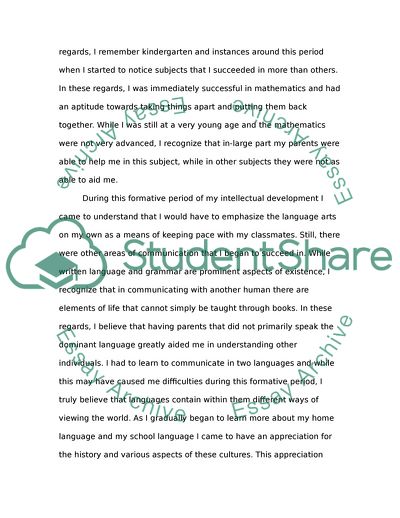Cite this document
(My Childhood Educational Development Assignment, n.d.)
My Childhood Educational Development Assignment. https://studentshare.org/sociology/1759073-about-my-childhood-school-time
My Childhood Educational Development Assignment. https://studentshare.org/sociology/1759073-about-my-childhood-school-time
(My Childhood Educational Development Assignment)
My Childhood Educational Development Assignment. https://studentshare.org/sociology/1759073-about-my-childhood-school-time.
My Childhood Educational Development Assignment. https://studentshare.org/sociology/1759073-about-my-childhood-school-time.
“My Childhood Educational Development Assignment”. https://studentshare.org/sociology/1759073-about-my-childhood-school-time.


